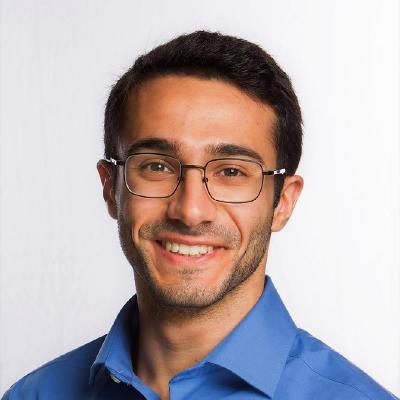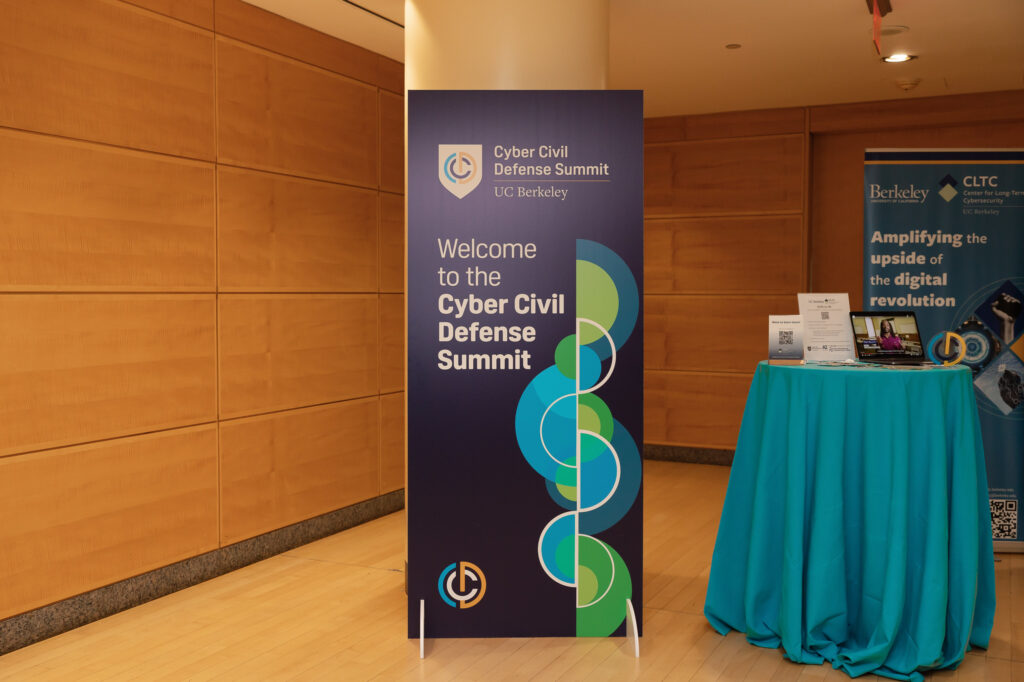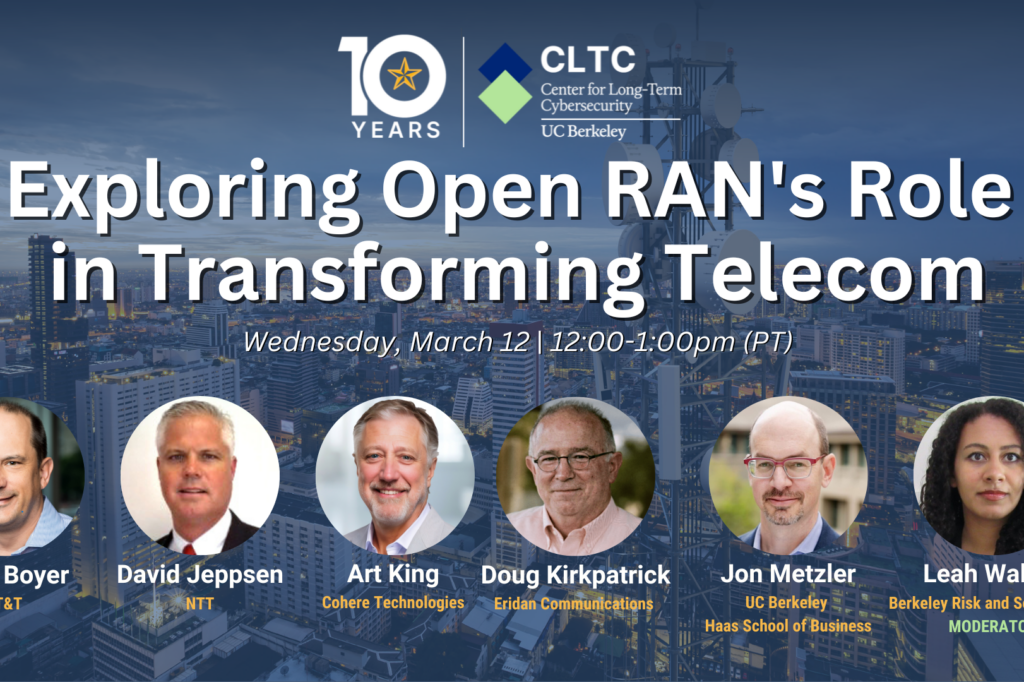
The Center for Long-Term Cybersecurity is pleased to announce that Matt Olfat, a Ph.D. candidate in Industrial Engineering and Operations Research, has been selected to receive the inaugural Cal Cybersecurity Fellowship. This award was made possible by a generous gift from an anonymous donor.
Olfat holds a B.S. in systems engineering and mathematics from the University of Virginia, and his research interests include fairness and robustness in machine learning and decompositions of high-dimensional datasets. He was nominated by Professor Anil Aswani, who previously collaborated with Olfat on projects related to fairness and machine learning, including “Designing Algorithms to Increase Fairness in Artificial Intelligence,” a paper published in the December 2018 news journal for the Society for Industrial and Applied Mathematics (SIAM). “He is proposing to work on using these ideas in the context of cybersecurity for cyber-physical infrastructure interacting with 5G networks,” Aswani wrote in his nomination.
As part of his fellowship, Olfat will develop a research initiative entitled “Cybersecurity for Cyber-Physical Infrastructure Interacting with 5G Networks,” which aims to “design tractable and flexible mechanisms for detecting attacks on cyber-physical systems” (see the full abstract below).
“This funding will be supporting research into the development of flexible watermarking techniques for detecting attacks on cyberphysical systems such as 5G networks,” Olfat explained. “In particular, we will be working on developing the theoretical foundations for statistical tests that can reliably detect outside attacks while not being triggered by everyday fluctuations in environment…. The proliferation of 5G networks means the explosion in the number of two-party telecommunication channels in a variety of unpredictable environments. To that end, any relevant cybersecurity and machine learning techniques must be flexible enough to work in environments of high contextual noise without loss of efficacy. Our research will take a step in that direction for watermarking techniques, adding to our ability to efficiently detect attacks upon large systems with confidence.”
Olfat is the inaugural recipient of the Cal Cybersecurity Fellowship, which was established following a gift from a Cal alum. The award of up to $15,000 is given to students or postdoctoral scholars to pursue cybersecurity research, with preference given to researchers working in areas related to blockchain for information security/cybersecurity purposes and security in 5G networks. “Of course, like everyone, my career (in cybersecurity) has had its ups and downs, but overall I’ve had a very good run,” the donor explained. “It’s now time to give back to the youth beginning their careers—our collective future. I could not be more proud than to assist the very talented graduate students at my undergraduate alma mater, UC Berkeley.”
Research Summary
Cybersecurity for Cyber-Physical Infrastructure Interacting with 5G Networks
The goal of this project is to design tractable and flexible mechanisms for detecting attacks on cyber-physical systems. Existing methods for attack detection rely heavily on exact knowledge of the configuration of the dynamic system that they are meant to protect. Furthermore, they often require that this configuration be static. This is manifestly not the case in 5G, which portends a paradigm shift from networks with a star-topology (meaning that all nodes connect through a central base-station) to Massive Machine-Type Communication (MMTC) that can have as many as 1 million interconnected devices per square-kilometer. The resulting physical-layer transmissions are more decentralized, more numerous and less uniform than before, with more potential entry points for malicious actors: 5G thus greatly increases the importance of cybersecurity measures, but adds a strict requirement they maintain their performance under limited, but unpredictable, changes to environment.
To date, attack detection involves designing a test statistic that is a function of system configurations and whose distribution, under the assumption of no attack, can be approximated. A statistic with minimal covariance is desired to maximize power, so this is an optimization problem. Inspired by moment-based regularization techniques in the fair machine learning literature, we propose adjustments to this optimization, using semidefinite programming, that ensure that the resulting statistic maintains its validity even when the surrounding environment is changed. This project will involve development of the optimization techniques necessary for the problem, as well as for testing methods through simulations with artificial data.




